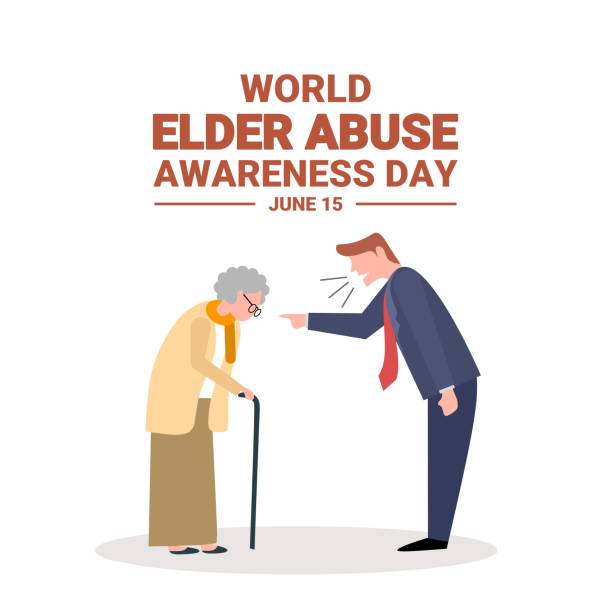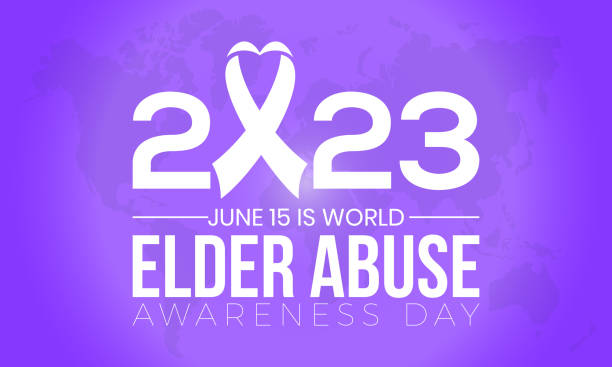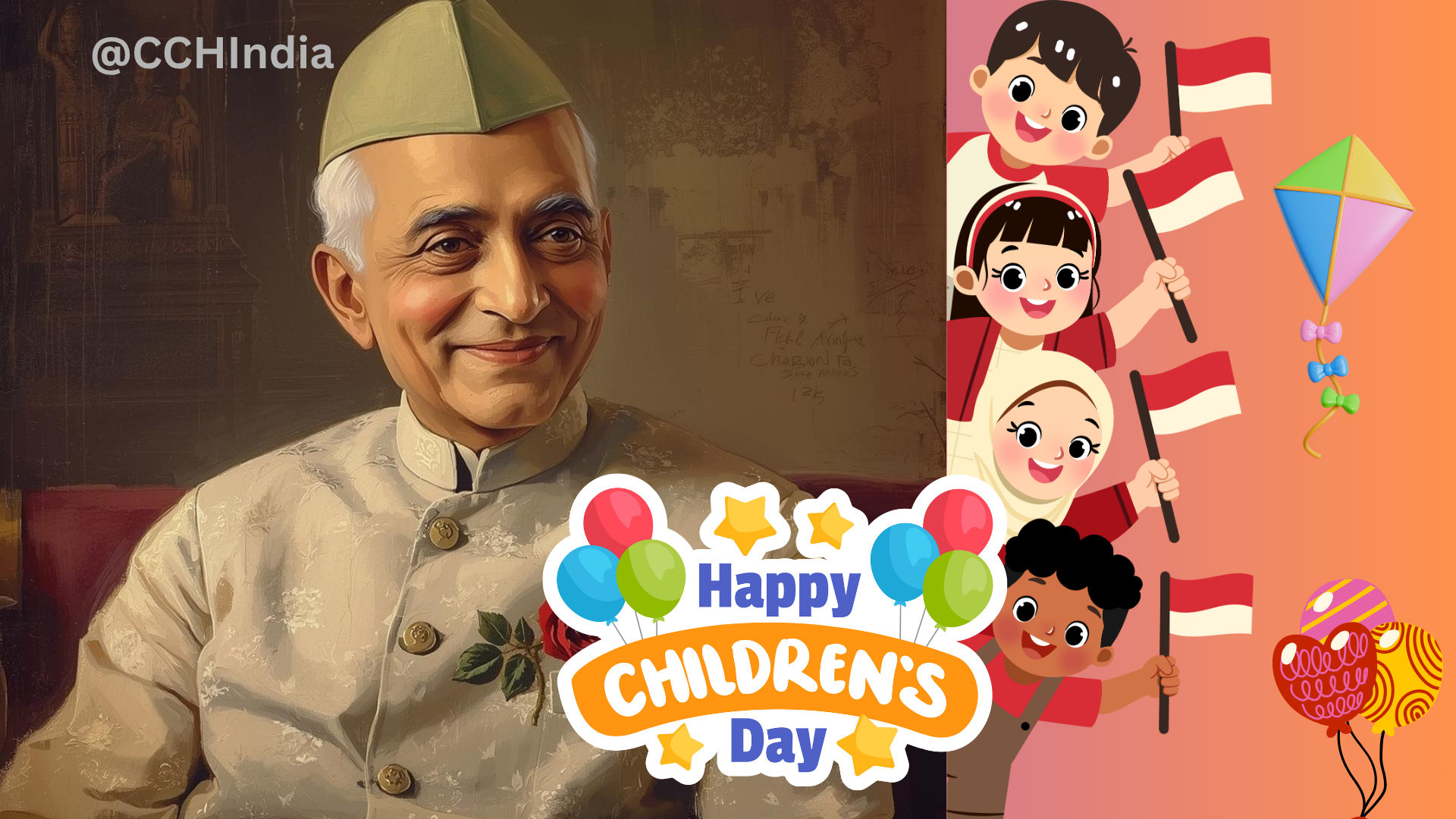World Elder Abuse Awareness Day

Elder Abuse: What Is It?
Financial, emotional, physical, and sexual abuse of elders is all possible. It also refers to individuals who ignore others as well as those who neglect themselves. A senior might become prone to abuse due to dementia, social isolation, and financial or emotional hardship.

Elder abuse has severe repercussions: older people who experience abuse are twice as likely to require hospitalization, four times as likely to enter nursing homes, and three times as likely to pass away. Although studies indicate that 60% of abusers are family members, abuse can occur anywhere, even in an older person's home or a senior care facility. According to the National Centre for Elder Abuse, between 1 million and 2 million Americans over the age of 65 have been harmed, exploited, or abused by someone they relied on for care or safety.

Elder abuse is a concern for everyone
Every year on June 15, World Elder Abuse Awareness Day (WEAAD) is observed to draw attention to elder abuse, one of the greatest examples of ageism and injustice in our society. Any act that hurts an elderly person committed by someone they know and trusts, such as a family member or friend, is considered elder abuse. The mistreatment and neglect may be physical, social, economic, psychological, or sexual.

Following a proposal by the International Network for the Prevention of Elder Abuse (INPEA), which created the commemoration in June 2006, WEAAD was formally recognized by the United Nations General Assembly in December 2011. Elder abuse occurs all around the world, often without much notice or action. It is a societal issue affecting millions of older people worldwide and warrants the attention of the whole community since it impacts their health, well-being, independence, and human rights.

The WHO states that prevalence rates or estimates, which range from 1 to 10 percent, only exist in a few affluent nations. Even if the severity of elder abuse is unclear, its moral and societal relevance is clear. On June 15, people, communities, governments, and organizations will unite to organize activities promoting awareness of elder abuse.
The National Adult Protective Services Association
The National Adult Protective Services Association is pleased to join the International Association for Indigenous Ageing in calling for the inclusion of tribes in the re-authorization of the Elder Justice Act on World Elder Abuse Awareness Day (WEAAD) 2021. The International Association for Indigenous Ageing calls for greater recognition and resources for preventing and addressing elder abuse against AIAN elders.

Taking Just One Step Can Help WEAAD 2021:
- The National Indigenous Elder Justice Initiative has information about elder abuse and its indicators.
- The National Indian Council on Ageing has information regarding the impact that culture plays in elder abuse and how health professionals may get engaged.
- Watch this video to learn more about Alaska's older adults' COVID-19 experiences.
- Encourage the leaders of your tribe to make a WEAAD Proclamation.
- Take part in one or start your own.














